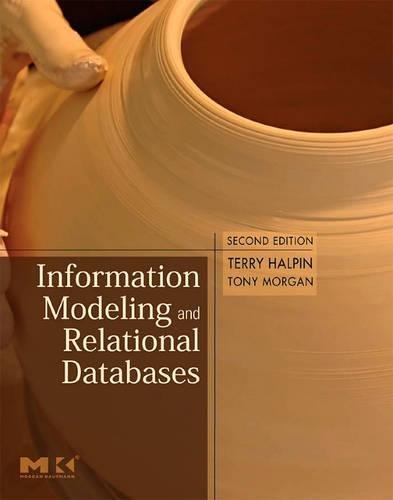Question
If user A and user B decide to use a hash function where the hash output is a 512-bits-long binary string, given a message M
If user A and user B decide to use a hash function where the hash output is a 512-bits-long binary string, given a message M and its corresponding hash output H(M), how many attempts an attacker have to make to find another message m=? m that has the same hash output?
If user A and user B decide to use a hash function where the hash output is a 512-bits-long binary string, given a message M and its corresponding hash output H(M), how many attempts would an attacker have to make to find two messages m and m that are not the same, but have the same hash output?
Step by Step Solution
There are 3 Steps involved in it
Step: 1

Get Instant Access to Expert-Tailored Solutions
See step-by-step solutions with expert insights and AI powered tools for academic success
Step: 2

Step: 3

Ace Your Homework with AI
Get the answers you need in no time with our AI-driven, step-by-step assistance
Get Started


